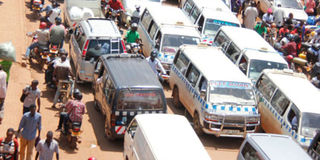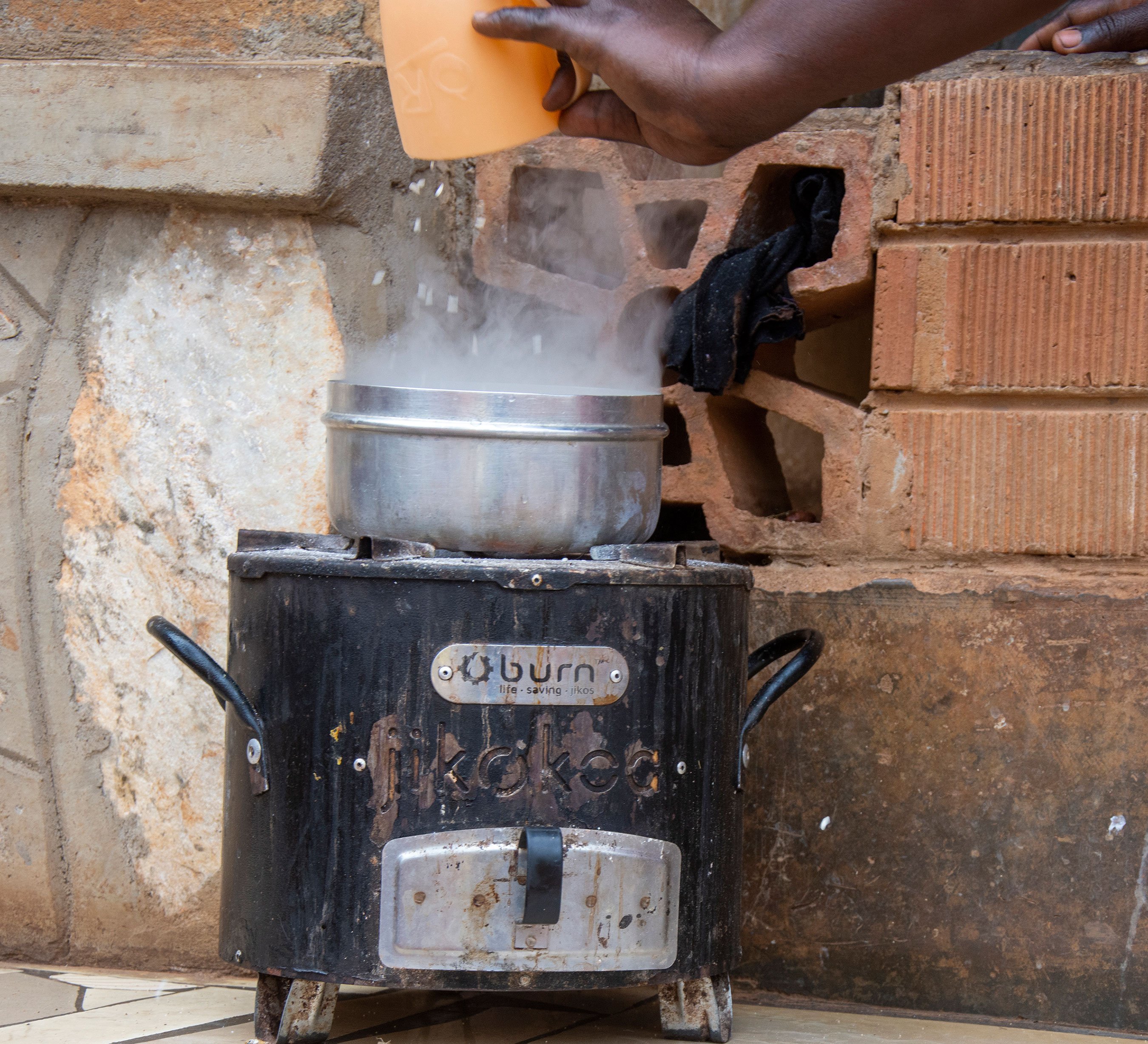Let’s improve our air quality

What you need to know:
The issue: Air quality
Our view: It is believed that a lot of the pollution comes from cars during peak hours. It therefore makes sense to focus on managing the traffic and then dealing with other sources.
On Sunday March 26, Kampala Capital City Authority (KCCA) held a car free day where Nile Avenue, Luwum Street, Buganda Road and part of Speke Road were closed. The day was held to promote a safe and clean environment, non-motorised transport and good health.
This activity is something we highly encourage. It is why the KCCA Deputy executive director’s comments that plans to have the event done quarterly is good news.
During the lockdown at the height of the spread of Covid-19 in Uganda, in 2020, the air quality in Kampala was reported to have improved greatly. This was due to the fact that very few cars had been on the roads and there was much less human activity in the city.
According to an article Lockdown: City air improves by 40 percent which the Daily Monitor published on April 13, 2020, AirQo a project funded by Google with air quality monitoring devices, stated that the air quality between March 18, 2020 and April 4, 2020, was much better in comparison to the same time in 2019.
The AirQo team stated that due to less traffic emissions and fewer public gatherings, the air quality had improved. However, less than two years later, in May 2022, AirQo released a report that showed that air pollution had worsened and was 10 times higher than the tolerable limits.
Going by the number of cars Ugandans import monthly, the number of buildings going up in the city, and the numerous events continuously held, the air quality will continue to deteriorate unless solutions are implemented fast enough.
While car-free days on a number of streets quarterly is a good idea, it is not enough to improve the air quality in the city.
KCCA did a good job creating non-motorised lanes, putting cycling lanes for cyclists and pavements for pedestrians to use. However, the citizens need to be made aware of the use of these and not abuse them as boda cyclists especially are in the habit of doing (the traffic police would do a great service by stopping the abuse of such places).
More of these in different parts of the city would help. The citizens also need to be constantly shown the benefits of walking and be encouraged to walk short distances instead of always using boda bodas to get to their destinations. It is believed that a lot of the pollution comes from cars during peak hours. It therefore makes sense to focus on managing the traffic and then dealing with other sources.
Our commitment to you
We pledge:
- To be accurate and fair in all we do.
- To be respectful to all in our pursuit of the truth.
- To refuse to accept any compensation beyond that provided by Monitor Publications Ltd. for what we do in our news gathering and decision-making.
Further, we ask that we be informed whenever you feel that we have fallen short in our attempt to keep these commitments.




